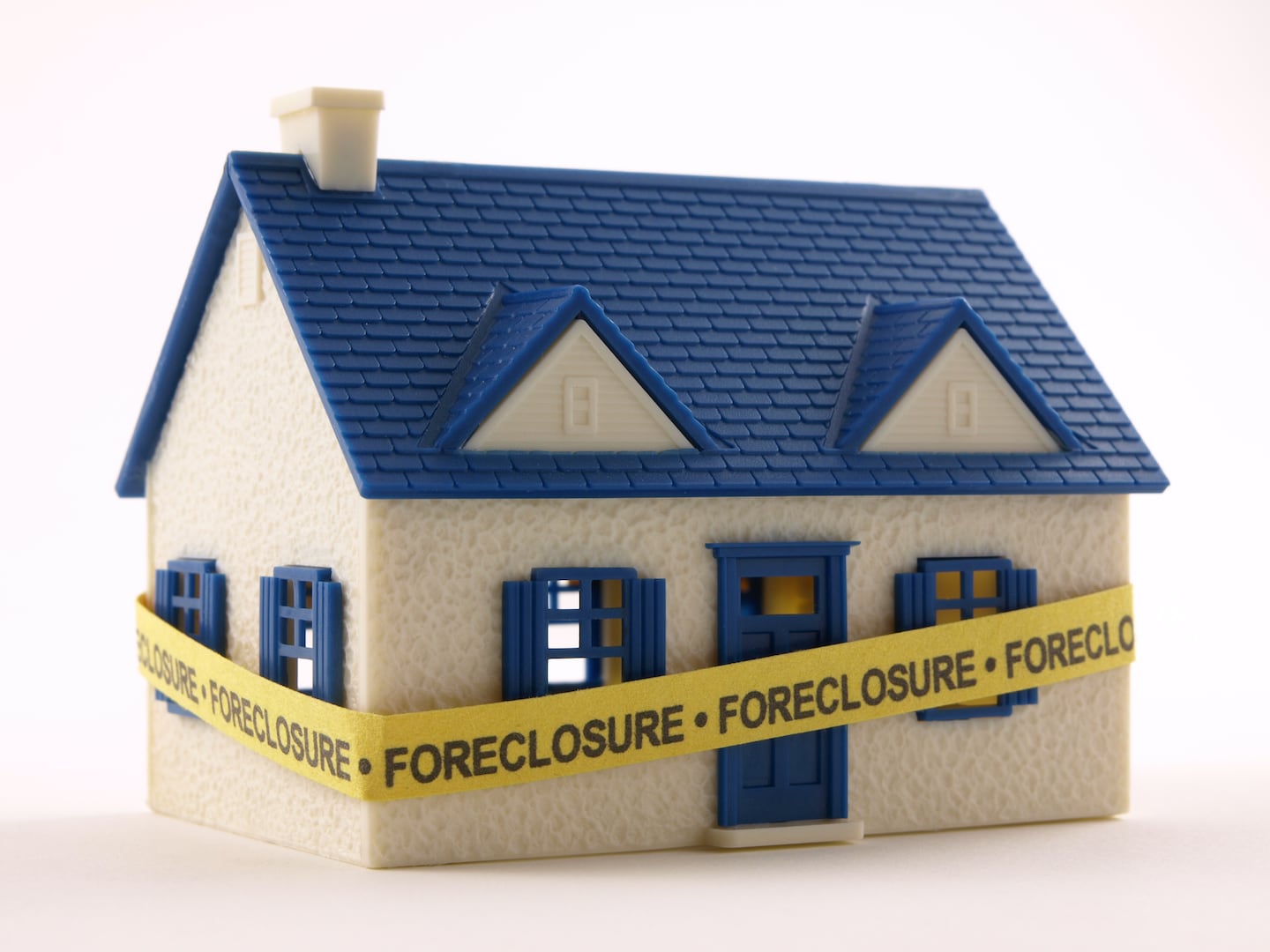The dispute highlights how unusual the company’s mortgages are, and why Campbell is right to step up regulatory scrutiny for deals that can end up being very expensive for homeowners.
BlueHub is the only entity in the state to offer a financial Hail Mary called shared appreciation mortgages. Those loans can be a way for underwater homeowners to keep their home — but at a price that some homeowners say they did not fully understand.
To address those concerns, Campbell has proposed new regulations that would require BlueHub to state explicitly how much their clients might end up owing. The rules would be a step in the right direction. But they stop short of what vulnerable consumers deserve: a hard cap on what they can be charged.
Here’s how shared appreciation loans work: BlueHub buys homes from banks during the foreclosure process, and then sells the property back to the original owners at a reduced price, with mortgage payments that are more affordable.
According to the company, BlueHub has provided 558 of these loans to families across the state, with homeowners saving roughly $730 per month on mortgage payments.
But there’s a catch to BlueHub’s loans (as there almost has to be — otherwise everyone would stop paying their mortgage to get one). If the value of the home goes up, homeowners would owe BlueHub a percentage — sometimes more than half — of the appreciated value when they sell, refinance, or pay off the mortgage.
So if you take out a BlueHub mortgage and ten years later try to sell your home in a market that’s skyrocketed, you may find that you owe the company a very large amount of money. A homeowner whose house’s value has gone from $500,000 to $800,000 — a very plausible scenario in eastern Massachusetts — could owe BlueHub a large chunk of that $300,000.
The company says that possibility is clearly explained to clients, and that it advises people to refinance as soon as possible to minimize the amount they might owe BlueHub. But in a suit filed five years ago, a group of homeowners claimed they signed loans under false pretenses, without proper disclosures, or under pressure tactics. The biggest gripe was the shared appreciation payment, which in some cases amounted to six figures.
“Yes, I got my house back,” one BlueHub client who owed the company $39,520 told the Globe in 2020. “But you didn’t know what’s coming: the bomb that’s going to be dropped on you the day you go to refinance.”
Undoubtedly, many desperate homeowners would be willing to accept BlueHub’s terms even with the eventual shared appreciation payment. They have the right to make that choice. The key is making sure they have a reasonable sense of what the dollar figure might be.
Campbell’s proposed rules offer templates for paperwork disclosures that are simpler and more straightforward than the current disclosures BlueHub offers.
The most important AG-proposed change is the prominently displayed maximum final payment amount. Having a black-and-white number for how much a lifeline could cost is the best way to ensure that homeowners understand the long-term implications of signing. Other formulas, displayed equally prominently, could show the effect in a housing market that doesn’t appreciate, or goes down in value.
An obvious problem is that nobody can perfectly predict the real estate market, and the AG will need to spell out how she expects BlueHub to make that projection. Any maximum amount is “going to be very, very hard to calculate,” Kaplan said. “What estimates, what projections, are they using to show that?”
The AG should go one step further, and add a hard limit for payouts — a measure that already has support from both the National Consumer Law Center as well as the Massachusetts Mortgage Bankers Association.
BlueHub says it would lose investors if the shared appreciation payout was capped. Certainly, the figure would have to be high — high enough to cover BlueHub’s costs, attract investors, and deter homeowners from intentionally going to default.
But it shouldn’t be limitless. BlueHub is supposed to be a nonprofit, and once it’s covered its costs, there should be a cap on how much more it can take from clients.
How to regulate shared appreciation mortgages has become something of a political intrigue, not only because the head of BlueHub, Elyse Cherry, is a longtime friend of and donor to Governor Maura Healey, but because Healey signed legislation last year exempting the firm from some consumer protections. (Last week’s ruling, though, said the new law did not apply retroactively, meaning the company is still liable for alleged deceptive practices before 2024.)
Politics aside, though, shared appreciation mortgages can be a tool to keep people in their homes. They should have a place going forward. But considering the dire straits of the people most likely to use them, it’s reasonable for the state to regulate these mortgages closely.
Editorials represent the views of the Boston Globe Editorial Board. Follow us @GlobeOpinion.







